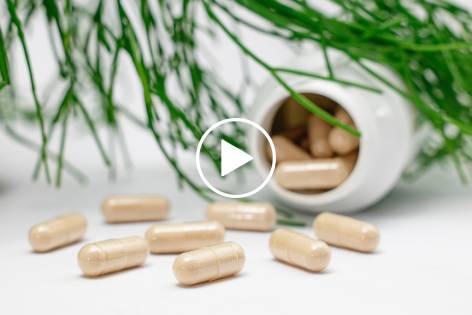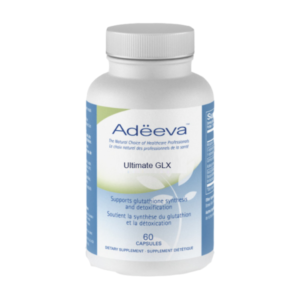
Unveiling the Role of Glutathione in Postpartum Suicide Risk
Source: Frontiers in Psychiatry Journal (Feb. 2023)
Lifestyle Medicine Update (April 18, 2023)
Insights from Research: Glutathione and Suicide Risk
A study published in February 2023 in the journal Frontiers in Psychiatry highlights a significant connection between glutathione (GSH) levels and the risk of suicide in women at 18 months postpartum. Lower serum glutathione levels were notably associated with higher suicide risk among postpartum women.
Understanding Glutathione
Glutathione serves as a crucial antioxidant in the brain, protecting brain cells from damage caused by free radicals. Free radical damage is implicated in various mental health disorders, making glutathione levels pivotal for brain health. Boosting brain glutathione levels, often achieved through supplementation with N-acetylcysteine (NAC), has shown positive effects on conditions like major depressive disorder, bipolar disorder, and schizophrenia.
Practical Steps: Supplementing with N-Acetylcysteine (NAC)
Raising glutathione levels is achievable through supplementation with N-acetylcysteine (NAC), which has demonstrated positive effects on various psychiatric conditions. Additionally, a combination supplement containing NAC, Alpha-Lipoic Acid, L-Glutamine, and Silymarin (from Milk thistle) can synergistically support glutathione status in both the body and the brain.
Age-Related Considerations: Preserving Youthful Glutathione Levels
Given that glutathione levels decline with age, especially after 50, supplementation to maintain optimal levels becomes increasingly important. Preserving youthful glutathione levels is not only beneficial for mental health but also contributes to overall well-being and longevity.
Implications for Postpartum Health
The study underscores the emerging role of glutathione as a potential biomarker for identifying postpartum women at risk of suicide. Therefore, evaluating glutathione status, particularly in women experiencing postpartum depression, could be crucial for early intervention and support.
Conclusion: Prioritizing Glutathione for Mental Wellness
Understanding the significance of glutathione in mental health underscores the importance of proactive measures to support its levels. Whether through targeted supplementation or routine evaluation, prioritizing glutathione status offers a promising avenue for safeguarding mental wellness, especially in vulnerable populations like postpartum women.
References:
- Da Silva Schmidt P.M. et al. “Can glutathione be a biomarker for suicide risk in women 18 months postpartum?” Frontiers in Psychiatry. February 9, 2023. [Link](https://www.frontiersin.org/articles/10.3389/fpsyt.2023.1142608/full)
- Medscape: “Glutathione as potential biomarker for postpartum suicide.” [Link](https://www.medscape.com/viewarticle/990552?ecd=mkm_ret_230415_mscpmrk-OUS_IntStories&uac=342474MN&impID=5332796&faf=1)
Eat Smart, Live Well, Look Great,
Dr. Meschino
Recommended Supplements

Dr. James Meschino
ABOUT THE AUTHOR
Dr. James Meschino, DC, MS, ROHP, is an educator, author, and researcher having lectured to thousands of healthcare professionals across North America. He holds a Master’s Degree in Science with specialties in human nutrition and biology and is recognized as an expert in the field of nutrition, anti-aging, fitness, and wellness as well as the author of numerous books.



